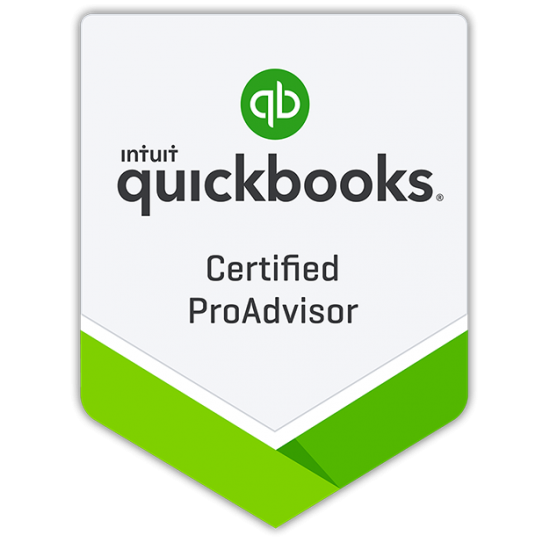Corporate Transparency Act

Are you ready for the Corporate Transparency Act (CTA)? What is it? The Corporate Transparency Act (CTA) is intended to provide law enforcement with beneficial ownership information for the purpose of detecting, preventing, and punishing terrorism, money laundering and other misconduct through business entities. This report will require information about the Business Entity, information for each […]
Client Gifts

Many business owners like to express their appreciation to clients and referral sources with gifts, especially around the holidays. Understanding IRS rules around gifts can help you show your generosity without creating any surprises at tax time. $25 Limit Businesses may not deduct more than $25 for business gifts made to the same person. For […]
IRS Destroys 30 million Information Returns

In March of 2021, the IRS shocked taxpayers and tax preparers alike when an audit uncovered that the IRS office in Ogden, UT, had destroyed an estimated 30 million paper-filed information documents. Yes, 30 MILLION. What are the possible consequences of this mass destruction? The IRS asserts that the data that was destroyed included […]
Implications of Holding Cryptocurrency in Foreign Wallets

Implications of Holding Cryptocurrency in Foreign Wallets Online marketplaces present cryptocurrency as a medium of exchange free of interference by powers like national governments and banks. Like many other nations, however, the United States is strengthening its stance that cryptocurrency is subject to laws and regulations like every other form of property. One of the […]



